Recommended Reading: New York 2140
Wednesday, March 14th, 2018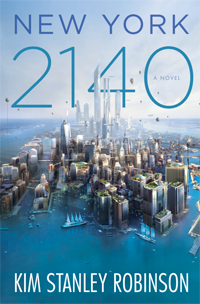 New York 2140 is Kim Stanley Robinson’s newest novel and I love it. It’s a GREAT novel. It’s the best KSR book I’ve read in years and I’m supremely annoyed — No, more accurately, I’m embarrassed for our genre — that NY2140 is not on the Nebula ballot.
New York 2140 is Kim Stanley Robinson’s newest novel and I love it. It’s a GREAT novel. It’s the best KSR book I’ve read in years and I’m supremely annoyed — No, more accurately, I’m embarrassed for our genre — that NY2140 is not on the Nebula ballot.
People! What are we here for if not to look ahead and imagine what might be, and to learn?
Alright. I understand. Science fiction means different things to different people and besides, SFF has long ago yielded dominance to the many great fantasy writers.
Still, this is a novel not to be missed. NY2140 is a wonderfully well written, engrossing, incredibly smart novel. It is also that rarest of birds in this genre of doom and dire warnings — it’s an essentially optimistic novel.
Very briefly, NY2140 is about an odd assortment of characters living and thriving in New York decades after two events of massive, successive sea-level rise. Lower Manhattan, aka “the Super Venice,” is flooded and has been for decades but life goes on — although buildings not anchored in bedrock continue to fall. Meanwhile, the world of finance — and the associated endlessly greedy billionaires — are still in control.
Early on in the story it’s hard to know what all these disparate characters have in common. Every passage is interesting, but from time to time the detailed descriptions can feel overwhelming. Just take a break and then get back to it (you’ll be drawn back to it). It’s all worthwhile.
In my early days as a writer, KSR was right up there at the top of my list of favorite writers. The Memory of Whiteness and The Wild Shore were favorites. But as his novels got longer and longer, I stopped reading them. Just in the last couple of years, I’ve started again, first listening to The Years of Rice and Salt and then reading Aurora. I suspect I am going to have to go back and read some of the in-between books that I missed. Given that I’m a slow reader, I might be some time at it.
Still, let there be no doubt: KSR is one of our greats.
Here’s a universal link that will get you to alternate vendors.








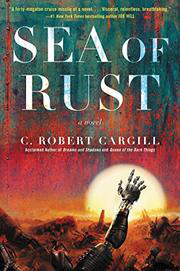
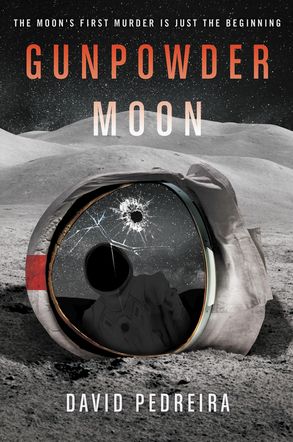
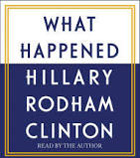 The first of the memoirs I listened to was Hillary Clinton’s What Happened. Written and also narrated by Hillary, it’s an excellent review of both the high points and the travesties of the 2016 election, from the perspective of an extremely intelligent, competent candidate with an amazing resume and record of doing good in the world. It’s also the voice of a woman who is ready to call out misogyny in the electoral process. If you’re a fan of Hillary Clinton you might want to read this book, although there’s a risk you’ll be plunged into despair all over again when you consider what exists in the White House now. If you’re not a fan of Hillary than I highly recommend that you read or listen to this book. Perhaps you will begin to change your mind.
The first of the memoirs I listened to was Hillary Clinton’s What Happened. Written and also narrated by Hillary, it’s an excellent review of both the high points and the travesties of the 2016 election, from the perspective of an extremely intelligent, competent candidate with an amazing resume and record of doing good in the world. It’s also the voice of a woman who is ready to call out misogyny in the electoral process. If you’re a fan of Hillary Clinton you might want to read this book, although there’s a risk you’ll be plunged into despair all over again when you consider what exists in the White House now. If you’re not a fan of Hillary than I highly recommend that you read or listen to this book. Perhaps you will begin to change your mind.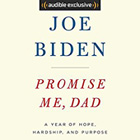 The second memoir is Joe Biden’s Promise Me, Dad, and it’s also narrated by its author.
The second memoir is Joe Biden’s Promise Me, Dad, and it’s also narrated by its author. 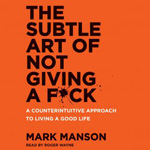 You’ve probably seen this book around. It’s classified as a self-help book. I read an excerpt from it sometime ago and liked what the author had to say, but I felt like I’d already applied a lot of his principles in my life, so I didn’t pick it up.
You’ve probably seen this book around. It’s classified as a self-help book. I read an excerpt from it sometime ago and liked what the author had to say, but I felt like I’d already applied a lot of his principles in my life, so I didn’t pick it up.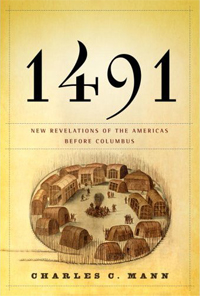 Written by Charles C. Mann and originally published in 2005, 1491 presents a view of the Americas before Columbus that is in sharp contrast to what most Americans my age learned in school.
Written by Charles C. Mann and originally published in 2005, 1491 presents a view of the Americas before Columbus that is in sharp contrast to what most Americans my age learned in school.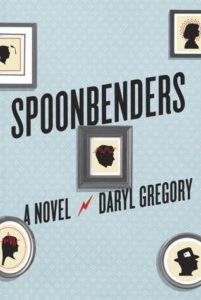 Set in the 1990s, Daryl Gregory’s Spoonbenders is the story of a family of psychics who live in the Chicago area. I’d heard it was really good and, wanting to try something different, I listened to a sample of the audiobook — and decided at once to pick it up. I’m so glad I did.
Set in the 1990s, Daryl Gregory’s Spoonbenders is the story of a family of psychics who live in the Chicago area. I’d heard it was really good and, wanting to try something different, I listened to a sample of the audiobook — and decided at once to pick it up. I’m so glad I did.